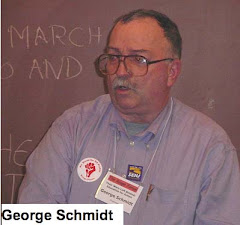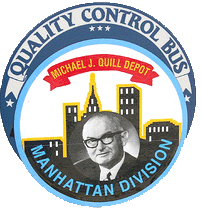This is the song "Sing Me a Song With Social Significance", sung by Rose Marie Jun, from the 1962 revival cast of Pins and Needles.
Pins and Needles is a Broadway revue, written originally in 1937s. The revue was written, sponsored, and performed by the International Ladies Garment Workers Union, who held their union meetings at the Princess theater in New York City.
The cast members all had full time factory jobs in the garment industry, and thus could only rehearse during the night and on the weekends.
Pins and Needles used its voice to air strong pro-Union opinions, incorporating current events from its time. The show features light hearted and clever use of satire and spoof to poke fun of such things fascist dictators in Europe and snooty American bigots.
The American theatre historian and writer John Kenrick said of the show Pins and Needles "is the only hit ever produced by a labor union, and the only time when a group of unknown non-professionals brought a successful musical to Broadway."
I'm tired of moon songs, of star and of June songs,
They simply make me nap.
And ditties romantic drive me nearly frantic,
I think they're all full of pap.
History's making, nations are quaking,
Why sing of stars above?
For while we are waiting, father time's creating
New things to be singing of...
Sing me a song with social significance,
All other tunes are taboo.
I want a ditty with heat in it,
Appealing with feeling and meat in it.
Sing me a song with social significance,
Or you can sing till you're blue,
Let meaning shine from every line
Or I won't love you.
Sing me of wars, sing me of breadlines,
Tell me of front page news,
Sing me of strikes and last minute headlines,
Dress your observations in syncopation.
Sing me a song with social significance,
There's nothing else that will do.
It must get hot with what is what
Or I won't love you.
Sing me a song with social significance,
All other tunes are taboo,
I want a song that's satirical,
And putting the mere into miracle.
Sing me a song with social significance,
Or you can sing till you're blue,
It must be packed with social fact
Or I won't love you.
Sing me of crime and conferences martial,
Tell me of mills and of mines,
Sing me of courts that aren't impartial,
What's to be done with 'em? Tell me in rhythm.
Sing me a song with social significance,
There's nothing else that will do.
It must be dense with common sense
Or I won't love you.





























